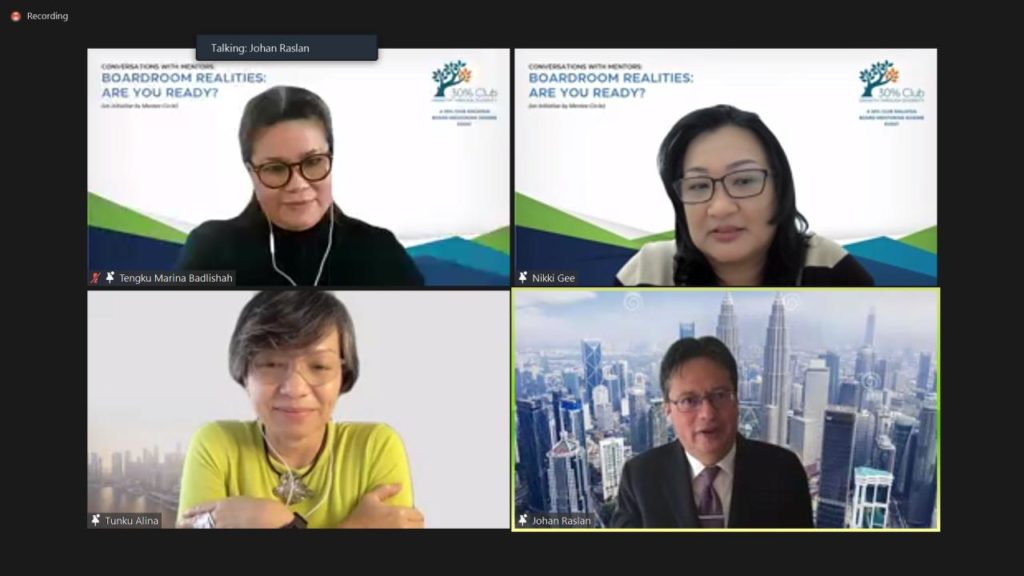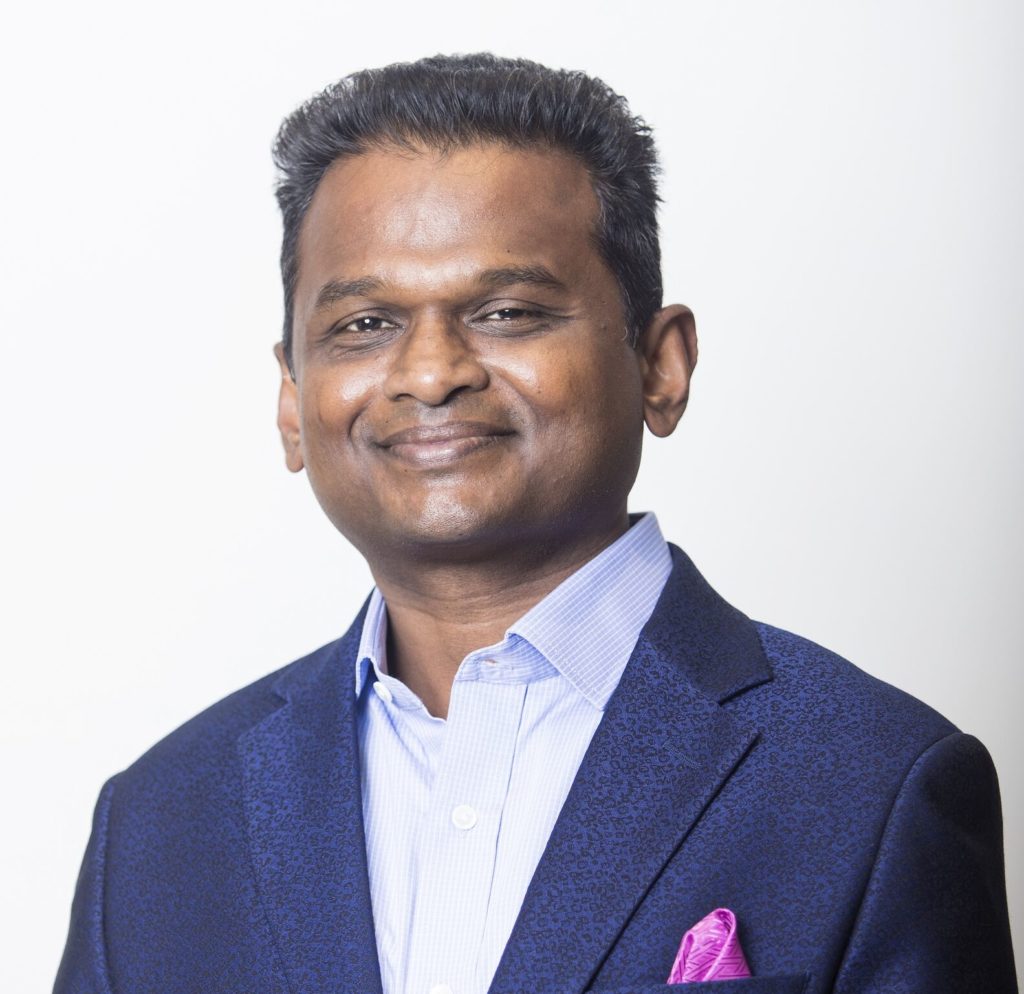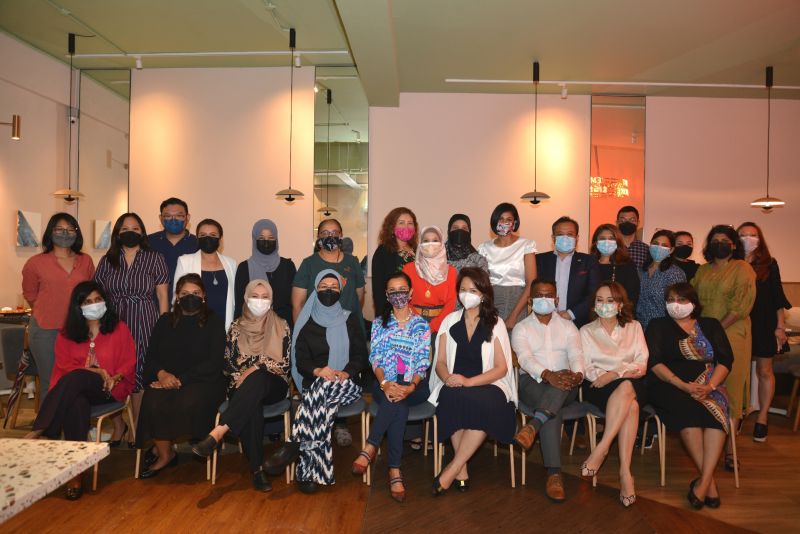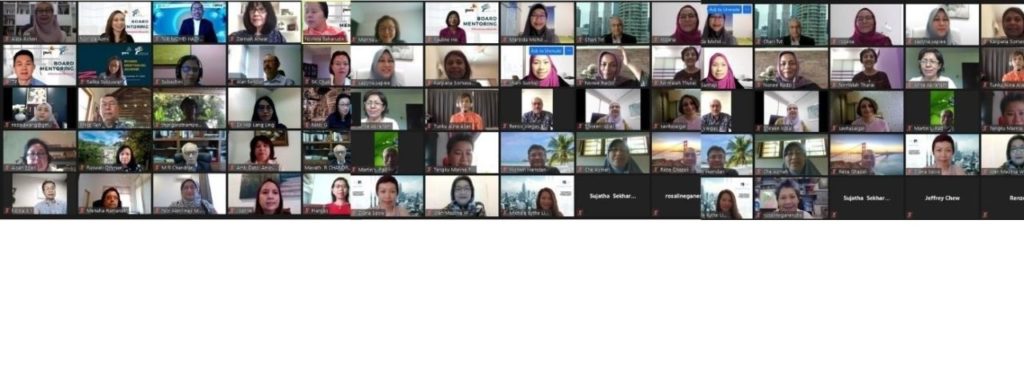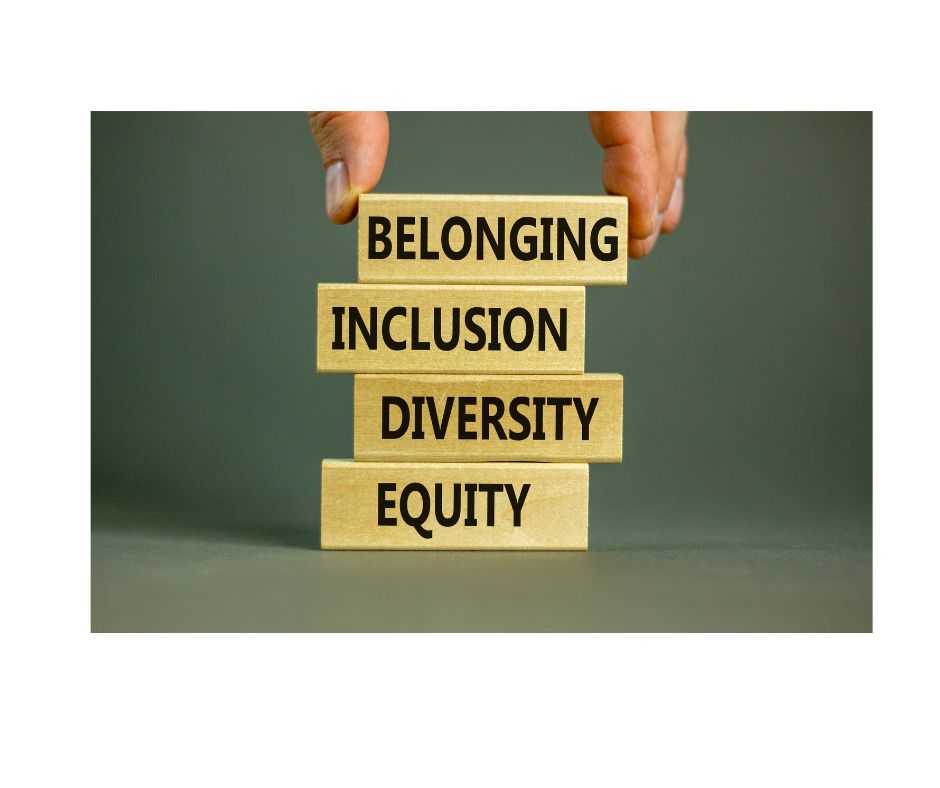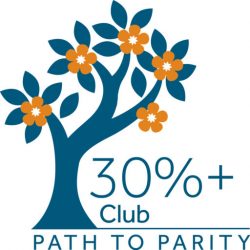
Following the announcement by the government to make it mandatory for all public listed companies to appoint at least one woman into its board of directors. The 30% Club Malaysia held a poll (LinkedIn) on whether making the requirement mandatory can be detrimental or good for company.
The poll revealed that 34% of the voters felt that the requirements raise issues around tokenism while 31% felt that there is a need for a clear roadmap for Boards. About 27% felt that the board performance will improve while 8% cited other reasons.
Marina Yong commented that it’s interesting that diversity in terms of gender has to be enforced but because of the historicity, it is a necessary kick.
“Hopefully, this requirement will become archaic in the future when gender representation is no longer ‘skewed’ towards a male-centric system. How far into the future before this mandate is no longer required?”
“Will it be dependent on a percentage composition on every board or an average percentage across all boards that is based on the population gender ratio? Tricky question that will need to continue to be debated as time evolves. Next question would be ethnic diversity. Another interesting debate,”.
An interesting comment made by Michael Warren was when markers of race, gender, ethnicity, and religion become mandated criteria considered, boards and companies and shareholders are cheated. Nothing is more constraining than diversity understood strictly in terms of identity.
Hazlina Hashim felt although it was a great move but there must be clear guidelines. “We don’t want cases where the same names are recruited over and over again which is what is going on now. How can we prevent that from happening?”
Meanwhile Iqbal Abdul Rahim strongly agreed that there is need to develop more women leaders. Brandon Ong is hopeful that a more representative board will lead to a more representative company – diversity of thought is important in making business decisions and promoting good firm culture.
The feedback given by our LinkedIn followers were interesting and needs to be explored further. The poll is a good start.
Diverse and inclusive boards bring about better ideas, effective problem solving and, ultimately, greater chances of success. It is our hope that with this announcement by the government, it encourages the remaining companies to recognise the business value of a diverse boardroom, starting with gender diversity, and compel them to action.
The mandatory requirement is expected to be enforced from Sept 1, 2022 for big capital companies and June 1, 2023 other listed companies.
A total of 89 voters took part in this poll, which ran from 29th November 2021 until 6th December 2021. We would like to thank everyone who took part in this poll.

